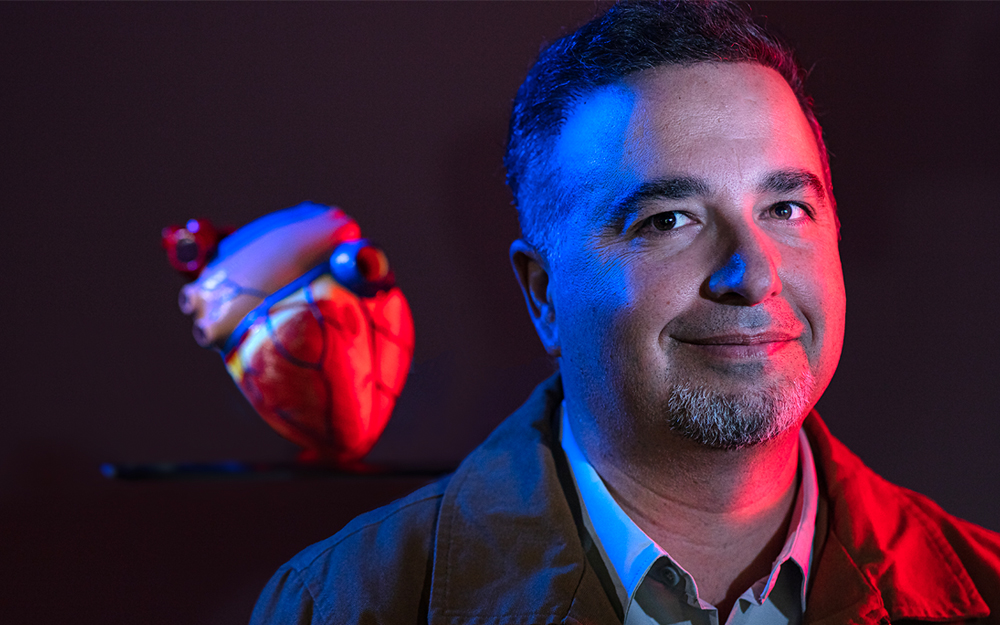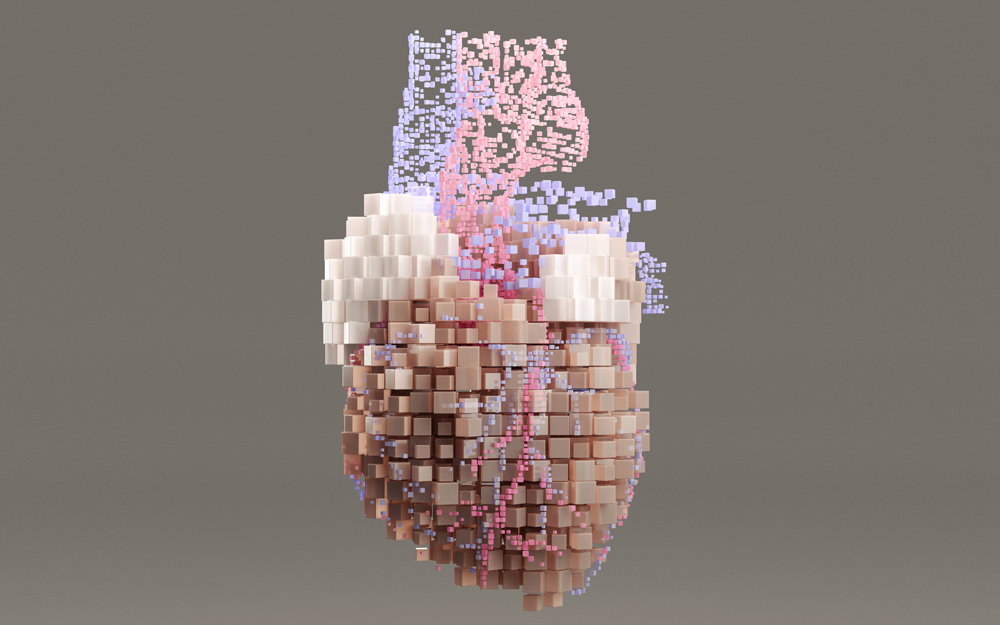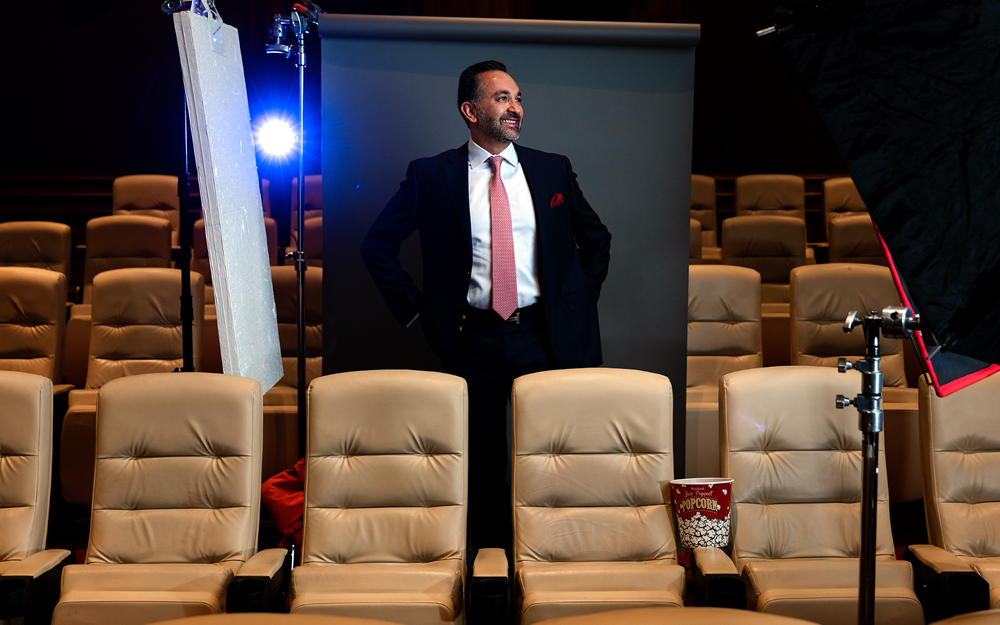Cedars-Sinai Clinicians Publish Collection of Complex Cases in Interventional Cardiology
Date
April 27, 2023
Credits

Date
April 27, 2023
Credits
Medical providers featured in this article

In Brief
{{cta-block}}
As the capability of minimally invasive procedures continues to expand, the role of these procedures in interventional cardiology has similarly swelled. For example, aortic and mitral valve repair or replacement procedures—such as transcatheter aortic valve replacement (TAVR)—have become more commonplace.
A new book on a broad collection of cases, led by a team of investigators from the Smidt Heart Institute at Cedars-Sinai, is now available for interventional cardiologists to consult. The book provides a roadmap to guide physicians through potential management strategies for the challenging "What if … ?" and "What now?" circumstances they may face.
Complex Cases in Structural Heart Intervention offers dozens of highly detailed case studies, richly documented with clinical data and imagery, as well as key takeaways and reference lists.
The cases include management and outcomes for procedures involving burst balloons, extensive stenosis, functional deterioration, rare structural abnormalities, obstructions and access difficulties, embolization, and much more.
Among the editors for this comprehensive collection of intraoperative management approaches were Smidt Heart Institute providers Ofir Koren, MD, senior interventional cardiologist; Raj Makkar, MD, vice president of Cardiovascular Innovation and Intervention and the Stephen R. Corday, MD, Chair in Interventional Cardiology; Vivek Patel, MS, biomedical engineer; and Hasan Jilaihawi, MD, senior interventional cardiologist. They are joined by two other editors and numerous contributors from around the world.
"We believe this collection of case studies will help guide interventional cardiologists through some of the challenging situations they may encounter during their career," says Dr. Koren, who has published widely on structural heart interventions.
"By proactively exploring management solutions for these difficult scenarios, we all can be more prepared to effectively address unexpected circumstances during our day-to-day care of patients."





